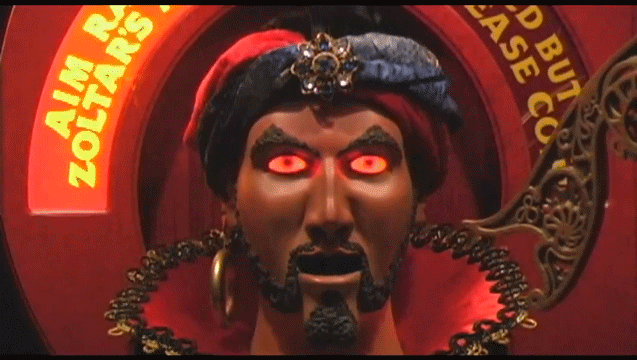
The Digiday Content Studio prepared this piece in advance of our Digiday Agency Summit, to be held Feb. 19-21 in Palm Springs, Calif.
2020 isn’t as far away as it sounds. Is six years enough to change the agency day-to-day as we know it? At the Digiday Agency Summit, Feb. 19-21 in Palm Springs, Calif., we’ll explore the theme of “Hacking Advertising.” Below, our speakers dream a little dream of how they’d like to see agency life and culture change radically in the next few years.
Read their answers here, then jump over to our event page to check out the agenda in more detail. Our centerpiece is the brand hack, where attendees will figure how to raise awareness of Toyota among millennial consumers.
Kat Gordon, founder and creative director, Maternal Instinct, speaking on “Challenging Agencies to Accept Diversity”
Gone are the years of time and materials pricing. Instead, agencies are compensated based upon results. It doesn’t matter how many hours the team works, but how much of a rainmaker the agency can be.
Jim Cuene, vp of marketing strategy, GoKart Labs, speaking on “Redefining the Agency Model Through Client Partnership”
All AV is now automagic. No more projectors, no more misprints on decks, no more bad web conferences. We can focus on the work, not the AV.
Steve Babcock, executive creative director, EVB, speaking on “Consumer Engagement: The Power of Socially-Minded Campaign”
Above the line and below the line. This line no longer exists in the minds of culture. But it still exists in most agencies. So by 2020, hopefully enough folks have retired that this line becomes extinct within the walls of advertising as well. The agency operation model will be simple. Step one. Identify client problem or challenge. Step two. Solve the problem in the most effective way, regardless of medium.
Geoff Cubitt, co-CEO, Isobar U.S., speaking on “Bridging the Gap Between CIO and CMO”
Advertising ceases to be a disruption. Ads are delivered to people who are genuinely interested in offerings and are contextually relevant. Much of advertising doesn’t feel like an ad; it feels valued.
Kirk Cheyfitz, global CEO and chief storyteller, Story Worldwide, “The Content Marketing Deluge: Making it Suck Less”
The bloated bureaucracies of the holding companies are gone, along with such dinosaurs as channel-specific thinking — “I do social!!!” — interagency teams with eight agencies, clients who think “viral” is a strategy, media companies that think they know creative. Also gone are dinosaur-like notions like “above the line.” Integration is the sole path to survival for agencies and clients. As I wrote 16 months ago when Wharton’s Future of Advertising Project asked me the same question, “Advertising in 2020 will look much more like all other media and much less like traditional ads. The bright lines that used to divide kinds of media—separating books, movies and TV shows from ads—blurred long ago. By 2020, they are gone.”
More in Marketing

YouTube’s upmarket TV push still runs on mid-funnel DNA
YouTube is balancing wanting to be premium TV, the short-form powerhouse and a creator economy engine all at once.

Digiday ranks the best and worst Super Bowl 2026 ads
Now that the dust has settled, it’s time to reflect on the best and worst commercials from Super Bowl 2026.

In the age of AI content, The Super Bowl felt old-fashioned
The Super Bowl is one of the last places where brands are reminded that cultural likeness is easy but shared experience is earned.





